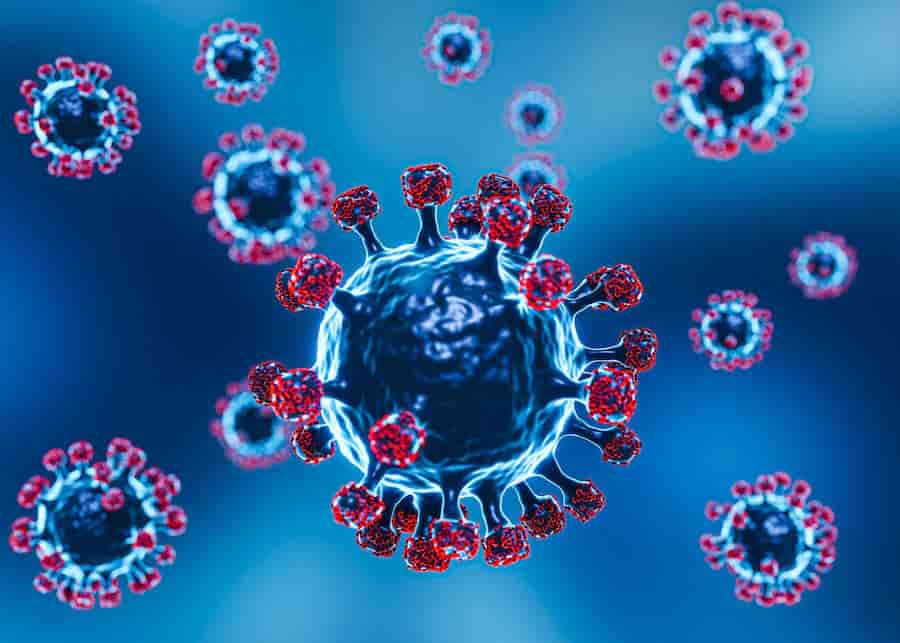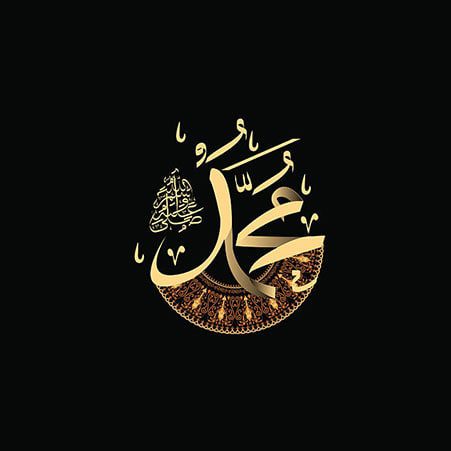With the ascent of the coronavirus, many people are naturally worried about securing themselves. Diseases and viruses have consistently been a piece of mankind’s history. Infectious diseases in Islam This article looks to reveal insight into a portion of Islam’s lessons with respect to cleanliness, hadith on disease, and illnesses.
As of late there have been a few breakouts of infectious diseases, for example, the swine influenza, SARS, and now the coronavirus. Globalization and universal travel make these infectious Infectious Diseases in Islam progressively convoluted to deal with.
Air travel allows diseases to spread throughout countries and makes it hard to contain. For example, the coronavirus began in China yet has since spread all through the vast majority of the world. Islam is a complete religion that considers each part of life, including the physical, emotional, psychological, and spiritual aspects of human life.
It is important to care for individuals, but ultimately safeguarding larger communities and the most helpless is of great importance. The PBUH (Peace be upon him), introduced and emphasized hygienic practices over 1400 years ago, when there was small comprehension of how infectious diseases spread
The PBUH (Peace be upon him) gave a few clean solutions that are as yet utilized today:
1. Washing hands before eating:
The PBUH (Peace be upon him) encouraged that blessings are discovered when one washes their hands before eating. He stated: Blessing in food lies in washing the hand before and after eating (Tirmidhi).
2. Cleaning oneself in the wake of utilizing the washroom:
While calming oneself, the PBUH (Peace be upon him) instructed his followers to utilize no under three stones. Clearly, at that point, they did not have toilet paper, however this suggests one should ensure they are clean. Besides, the PBUH (Peace be upon him) also encouraged Muslims to clean their private parts with water after using stones.
3. Washing before prayer:
Muslims perform five day by day prayers. In order to conduct these prayers, Muslims must be in a condition of physical purity known as ablution (wudu in Arabic). This comprises of washing the hands, mouth, nose, face, cleaning the head, ears, and washing the feet three times.
At the point when a whole community of people do this several times each day it builds a culture of cleanliness and decreases the danger of infectious diseases.
4. Washing before prayer:
The PBUH (Peace be upon him), taught Muslims to cover their faces when sneezing. In spite of the fact that it might appear glaringly evident to us today, however he instructed Muslims to do this before there was a understanding of how airborne diseases spread.
Natural Immunity as a Cure Factor:
A significant fix factor for many hadith on disease is the normal immunity that Allah has created in our body systems. The healing of numerous virus-infected people is accomplished through antibodies that comprise a significant wellspring of the “treatment for every disease” referred to in the aforementioned hadith on disease.
However, Muslims are requested to seek medication from specialists, as in the following hadith: “Allah has sent down both the disease and the cure, and He has appointed a cure for every disease, so treat yourselves medically, but use nothing unlawful.” (Abu Dawud)
Plagues and Infectious Diseases in Islam:
Visiting the sick is one of the best great deeds a Muslim can perform. However, in instances of infectious diseases, PBUH (Peace be upon him), restricted travel and instructed people to isolate themselves all together that the disease not spread.
The PBUH (Peace be upon him, stated: If you hear that there is a plague in a land, do not enter it; and if it (plague) visits a land while you are therein, do not go out of it (Sahih Bukhari).
The PBUH (Peace be upon him), was basically initiating procedures that are actualized in current occasions by public health organizations such as the center for the inside for infection control in Islam. Isolate is basic for the comfort of the sick individual as well as the protection of the larger public.
In Islamic history, several hospitals were built to prevent the spread of sicknesses. For instance, in 706 the Umayyad caliph built the first hospital in Damascus and gave a request to seclude those infected with leprosy from different patients in the hospital. This practice continued until the Ottoman Empire until 1838.
The lessons of the PBUH (Peace be upon him), concerning Infectious Diseases in Islam, neatness, and hygiene were well ahead of his time. They were ultimately inspired by God to benefit and shield people from illnesses and promote healthy ways of life. Infection Control in Islam is a natural piece of Islam’s teachings concerning cleanliness.
The rules that are practiced today by major health organizations are predominantly inline and motivated by the teachings of the PBUH (Peace be upon him).
Conclusion
In addition to taking the necessary precautions, the PBUH (Peace be upon him), trained that the two gifts and preliminaries are from God, and they are a chance to become closer to Him. He encouraged to look for God’s assurance in all issues, and then to accept His decree. infection control in Islam One of the supplications he would state was, “In the name of God with Whose name nothing is harmed on the earth or in the heavens, and He is the All-Hearing, All-Knowing“





